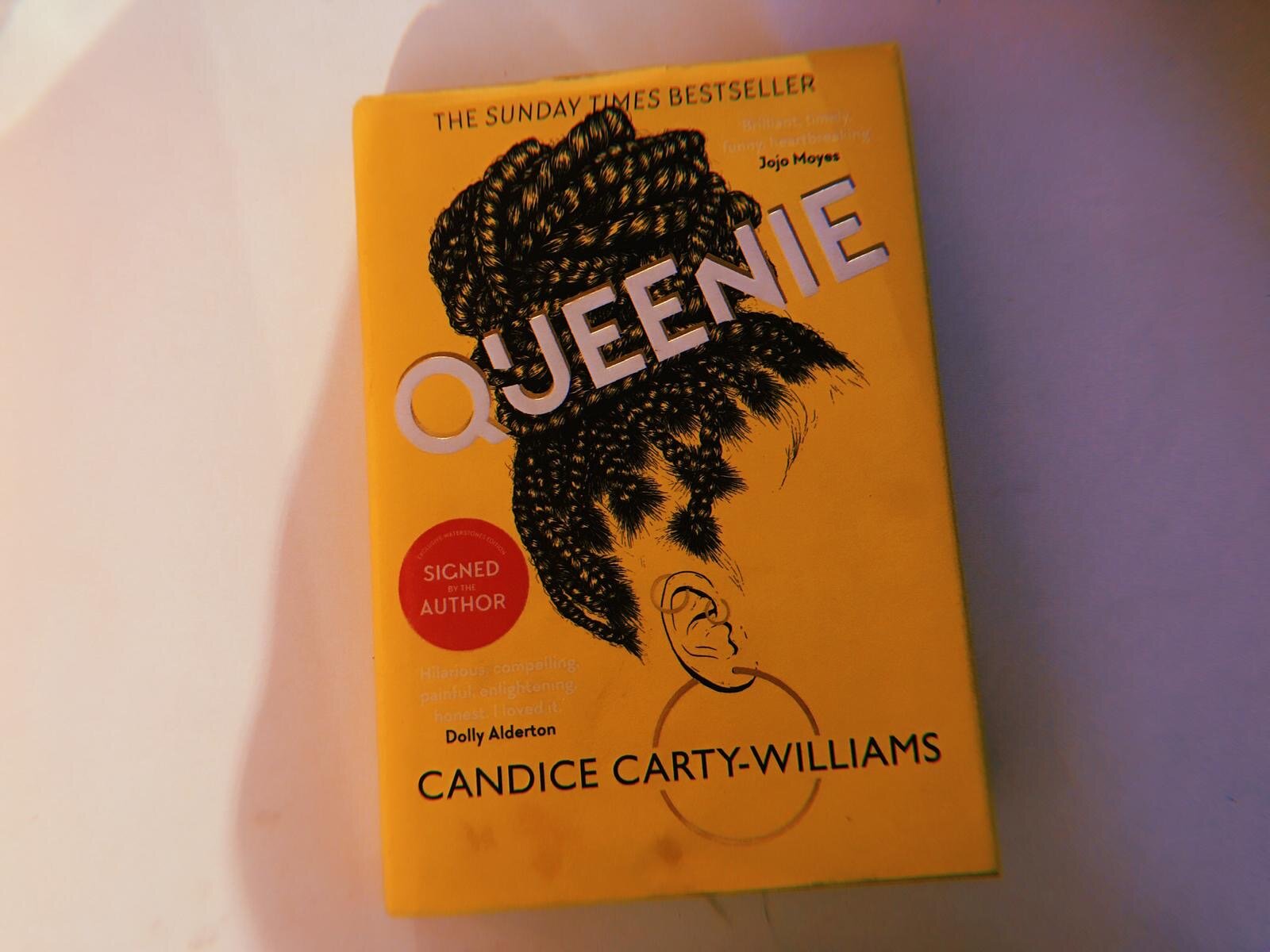Little Fires Everywhere by Celeste Ng
“It bothers you, doesn’t it?” Mia said suddenly. “I think you can’t imagine. Why anyone would choose a different life from the one you’ve got. Why anyone might want something other than a big house with a big lawn, a fancy car, a job in an office. Why anyone would choose anything different than what you’d choose.”
Little Fires Everywhere is a not-so-hidden gem, as many of you will probably know that the book was recently made into a TV show by Reese Witherspoon’s production company – staring Witherspoon herself, Kerry Washington, Joshua Jackson and AnnaSophia Robb. But I implore you to read the book first, it is so worth conjuring the story in your mind prior to seeing someone else’s interpretation of the intricacies play out on the screen.
"To say I love this book is an understatement. It's a deep psychological mystery about the power of motherhood, the intensity of teenage love, and the danger of perfection. It moved me to tears." - Reese Witherspoon
The cover and artwork of Little Fires Everywhere are unassuming, and without the encouraging reviews also donning the cover I could have quite easily walked past this – yes, I judge books by covers. But within its pages, this novel has a mass of well-developed and deeply-explored themes including, identity, race, culture, parenthood, friendship and class.
The opening scene of the book shows a family home engulfed in a devastating conflagration of flames which makes for a dramatic beginning. The novel then works backwards, and as the story unravels, so does the context as to how the fire started; finally, the novel ends back at the scene of the fire with the reader finally in the know of who did it – interestingly, although the fire frames the novel it is really used as a canvas by the author to portray the various relationships and themes, rather than being a key event.
The story is set in Shaker Heights, a progressive and seemingly ‘perfect’ suburb of Cleveland in the United States. Everything is in perfect working order: the bin men collect people’s rubbish from a hidden spot up their driveway using golf buggies so not to disturb the aesthetics, all the roads are perfectly planed interweaving webs, residents are only allowed to paint their houses in specific predetermined colours, and all children go through the schooling system with perfect grades and of course progress straight on to university.
Elena Richardson is the total embodiment of her surroundings, she has spent her entire life following the rules, whilst playing the role that was required of her – mother, working woman, wife and friend. But it is through her relationship with her younger daughter Izzy that we see a strain between her projected ‘perfect’ self and her real, insecure self. Further disparities within Elena and within her family are presented through the introduction of the characters Mia Warren and her daughter Pearl.
Mia and Pearl begin to rent Elena’s apartment – that she rents out at a low price because she believes in charity and helping people – and it is this power balance that is key to the plot: landlord and tenant, high-earner and free-spirited artist, and nuclear family and single parent. One of Elena’s children, Moody, befriends Pearl and so ensues Pearl’s obsession with the Richardson family – with their perfect house, their lifestyle, their clothes, their relationships – and likewise the Richardson family’s obsession with mother and daughter, Mia and Pearl.
The story doesn’t just hinge on the tense relationship between these two families, as there is also an extremely complex subplot which is arguably even more gripping than the main one. One of Elena’s oldest friends – Linda McCullough – attempts to adopt a Chinese-American baby in rather murky circumstances. As a result, a custody battle erupts that divides the town right down the middle. Race is the central issue in this court case, with the defence arguing that the baby should return to her birth mother as the adoptive parents are white Americans, meaning that the baby will lose her connection to her Asian heritage. Although the McCullough’s claim that they will educate the baby on her ancestry and Chinese history, renaming her from May Ling Chow to Mirabelle clearly indicates their subconscious (or conscious) Americanisation of the baby.
#FLODown: Whilst the novel deals with the theme of privilege and writes about the lives of the pretentious upper-middle class, nothing about the writing is elitist or privileged – it is accessible and easy to read. Now that we’ve finished the novel, we can’t wait for Little Fires Everywhere to make it on to our screens in the UK, as it is currently available on Hulu in the States.
Words by Mollie Kate Cohen








